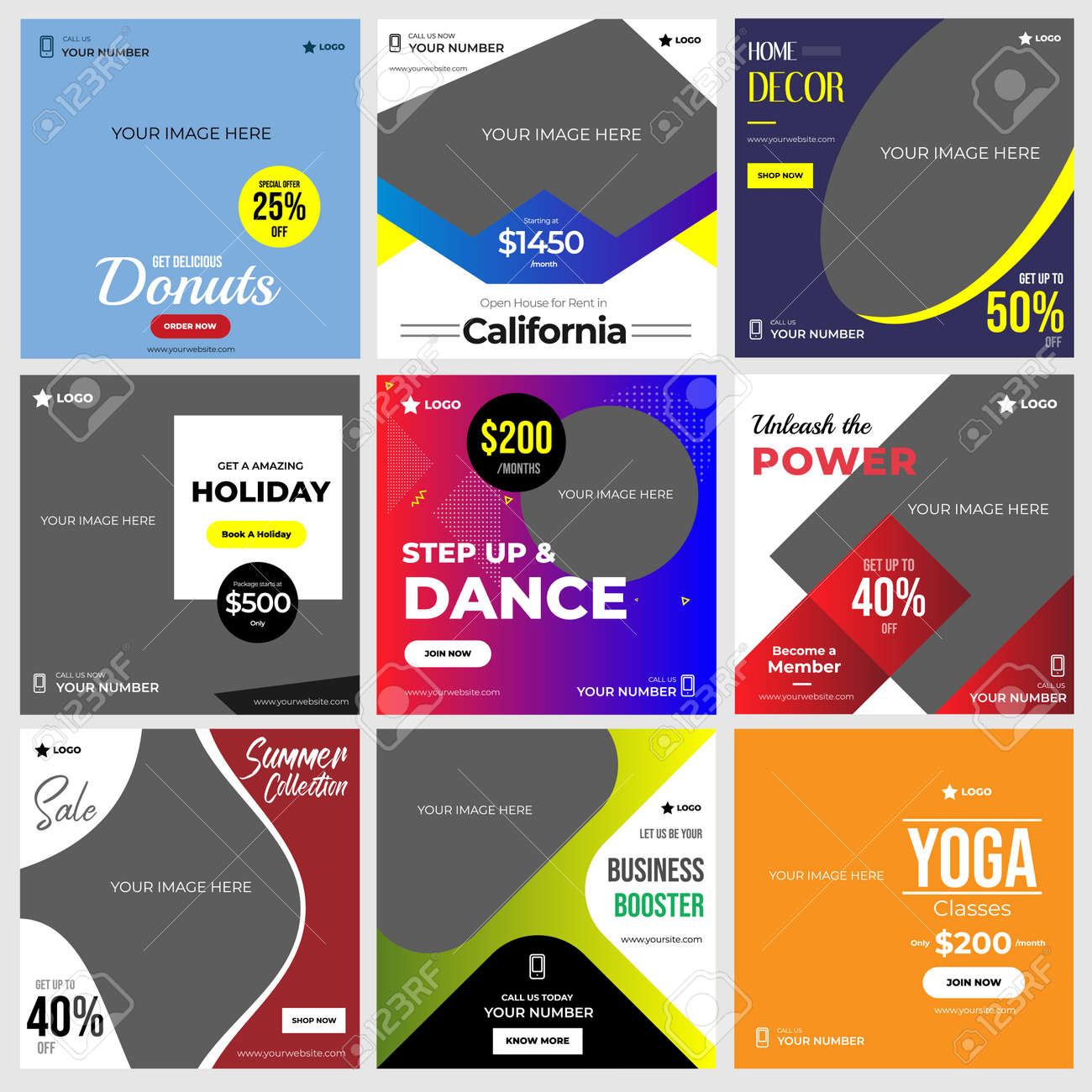
Content marketing is the use content throughout the customer's entire life cycle to help businesses meet their goals. Content marketing doesn't involve running advertising campaigns. It involves creating a story that is appealing to readers and improving the lives of consumers. Below are some benefits of content marketing. You can read more about this strategy here. We hope that you find this useful. Happy marketing! Let's get in the action!
Content marketing is an approach to achieving customer and business goals using content that spans the customer lifetime.
As the number of consumers and B2B buyers increasing, it has become crucial to develop a strategy that caters to a variety of needs and desires. In order to create content that is relevant and resonates with their target audience, content marketers must take into account their product, customers, and issues. Content marketing must aim to attract customers at the right locations and times with the correct content.
Although content marketing offers many benefits, they also require a strategy. Once you determine the goals of your content marketing strategy, you can go about developing your strategy. Your content should add value to your customers, not distract them. It should offer useful information, enhance product usage, entertain, and entertain. Ultimately, content marketing helps you achieve your business and customer goals without being overly promotional.
Advertising campaigns don't matter.
While you may have heard content marketing before, did you know that it does more than just involve advertising campaigns. Content marketing focuses on building long-lasting relationships and connections with your target audiences. Your content should be relevant to your target audience. It must also provide valuable information. Here are some ways content marketing can help. Not every article should be a sales pitch. It should solve a problem for the consumer.

One of the benefits of content marketing is that it builds brand awareness. This helps you build trust with people even if they don't buy from your company. This allows you to easily reach the right people, and convert them into buyers. Content marketing does not have to be restricted by advertising. It is also effective for brands that can't afford to pay large sums of money for advertising. But, it is harder and takes more time.
It's about telling a story that readers will love.
A good story is more than a plot. Stories that inspire and motivate people to take action are called stories. Content marketing is a complex business. You must consider many aspects such as search engine optimization, distribution and promotion. These are just a few of the important aspects you need to keep in mind. Here are some key elements to creating a compelling story. Remember that the goal of a story is more than just to promote a brand. It's about creating interest in it.
People are emotional creatures. Brands can appeal to the emotional side by telling stories and connect with customers on a deeper basis. Unlike advertisements, which are typically very bland, stories inspire action. By relating to readers, you can transform dull content into content that prompts a specific reaction, like making a purchase. Stories can elicit an emotional response which in turn can lead to desired outcomes.
It's all about helping consumers improve the quality of their lives
Content marketers shouldn't think of content marketing only as a way to promote their brand. They should instead focus on providing valuable and useful content to their target audience. Brands that make their stories about the audience are often more successful than those who tell them about themselves. Instead of talking about the products, they should concentrate on helping customers improve themselves and the world around. Ann Handley, a leading figure in content marketing, is an example of this. She believes that content marketing can be effective in both online and offline settings.

Businesses that provide valuable content and have expertise are preferred by consumers. In addition, they seek out industry experts who are able to solve their problems. By publishing excellent content, you can establish a trusting relationship with your audience. Consumers are more likely to make purchases when they learn about the solutions offered from a company they already trust. Content marketing can help build their trust and eventually get them to buy your product. The benefits of this approach are numerous.
FAQ
How many hours per week should content marketing take?
It all depends on what your situation is. You may not need to spend any time at all on content marketing. If you are trying to attract traffic to your site, however, you may need to invest at least 1 hour each day.
Content marketing: Where do I begin?
Start by identifying your audience. Who are they? What are their needs and wants? How can you assist them? You can identify who you are writing to and where you should focus your efforts.
How can I measure success in content marketing?
There are several ways you can measure the effectiveness and impact of your content marketing efforts. One way to measure the effectiveness of your content marketing efforts is to monitor how many visitors visit your website. Another option is to monitor how many leads are generated.
Statistics
- Measure your goals with a progress indicator of 0-100%. Make your goals collaborative and transparent (semrush.com)
- Seventy-two percent business to business (B2B) (mailchimp.com)
- According to research compiled by Coschedule: Companies that publish 16+ blog posts a month get as much as 3.5x as much traffic as those that publish 0-4 posts a month. (criteo.com)
- Forty-seven percent of buyers view 3 to 5 pieces of content before engaging with a sales representative. (mailchimp.com)
- Companies that use content marketing see approximately 30% higher growth rates than businesses not using it. (mailchimp.com)
- Content marketing produces 3X more leads per dollar spent. Content marketing costs 62% less than traditional marketing. (criteo.com)
- We found that 40% of businesses don't have a documented strategy yet. (semrush.com)
- According to our research, 65% of companies with very successful content marketing in 2021 ran content audits at least twice a year. (semrush.com)
External Links
How To
How do I create a content-marketing strategy?
The first step is understanding what kind of content you want to create for your clients. Once this is established, it's possible to start creating content. This may mean developing an editorial calendar and planning where these pieces will come from. Content should always have an end in mind. No matter whether content is blog posts, social-media updates, or other, it should all serve a single purpose.
After you decide what content type you want to produce it is time to discover who your target market really is. So who are they interested in, and why would they care about whatever you're offering them?
Next, you need to identify your target market. Then, find ways to communicate with them. Although social media platforms can be a great way of connecting with people, there are many other options, including videos, podcasts, webinars and webinars.
After you have determined how you will communicate to your market, the next step in your content creation process is to choose what topics and types of information you want. Again, this goes back to determine why you're writing the content. What problem does the content solve? Is it useful? Do they think it will make their life easier?
Now that you know the content type you write, it is time to decide what to say. So, do you want to share information on your industry? On current events? Concerning specific products and/or services? The answer to this question defines your focus.
Once you have answered all of these questions, it is time to put everything together into one package.
You want every piece you create to serve its purpose. It's not a good idea to waste any time or energy. You must ensure quality in all your content.
Don't forget that a great content marketing strategy has many moving parts.